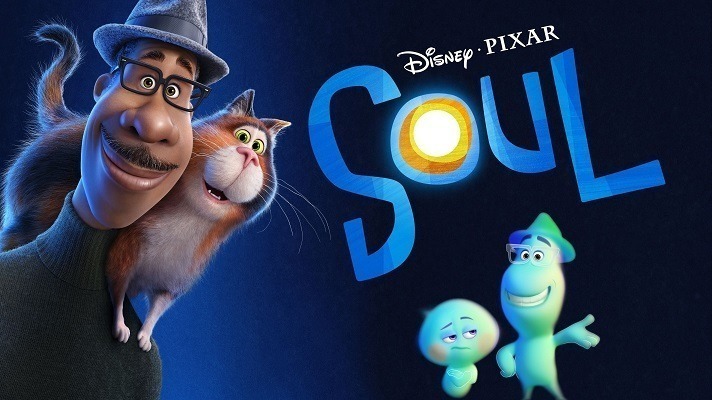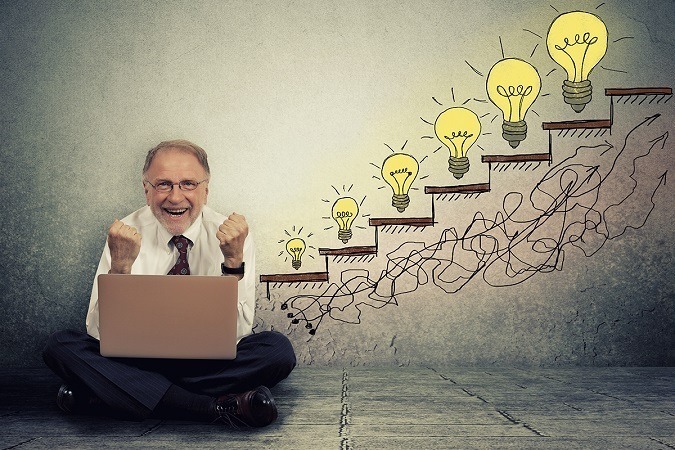Posts Tagged ‘Applied Neuroscience’
Reminder: UT-Dallas BrainHealth presents virtual talks with Alvaro Fernandez (this Thursday, April 21st) and Sanjay Gupta (next Tuesday, April 26th)
Each month, some of the most fascinating speakers participate in interactive conversations about the latest advances in brain health science, technology and real-world application. All talks are virtual and free of charge. Register for the season and attend as many talks as you like.
Read MoreUT-Dallas BrainHealth presents virtual talks with Alvaro Fernandez and Sanjay Gupta next month
Each month, the most fascinating speakers participate in interactive conversations about the latest advances in brain health science, technology and real-world application. All talks are virtual and free of charge. Register for the season and attend as many talks as you like. » Learn More & Register HERE NAVIGATING THE DIGITAL BRAIN HEALTH MARKET with Alvaro…
Read MoreOn Awe, Wonder, Biofeedback, CBSM, Virtual Reality, Privacy, Being Wrong, and more
Welcome to a new edition of SharpBrains’ e‑newsletter, this time featuring eleven timely resources and research findings for lifelong brain health and mental well-being. #1. “Awe is the feeling we experience when encountering vast things that we don’t understand. Around the world and in culturally varying ways, studies show, we experience awe in response to…
Read MoreThe Good, the Bad and the Ugly of Applied Neuroscience and Neurotechnology
After a very busy month, it’s time now for SharpBrains e‑newsletter to summarize the latest initiatives, tools and ideas for lifelong brain health and mental fitness — and to share a few puzzles and illusions to tease your brain. ? A growing number of classrooms in China are equipped with artificial-intelligence cameras and brain-wave trackers. Video:…
Read MoreStudy debunks 4 common myths about brain training and lifelong cognitive enhancement
— If the media is your main source of information about brain training and cognitive enhancement, you will probably believe the following: 1) All brain training is the same… 2) …and it simply doesn’t work. 3) Commercial brain training programs, especially, don’t work. 4) How could they work? Genetics is destiny, aging is a predetermined process…so by age 60…
Read MoreSurvey of key scientific, technological and investment trends revolutionizing Brain Health in our Digital Age
—– Last year I got very interested in the functioning of the human brain and the science behind mindfulness and learning [1], so was quite excited to attend the SharpBrains Virtual Summit [2] in December, indulging in the latest trends in applied neuroscience and digital innovation. The Summit focused on the theme of reinventing brain health in the digital…
Read More




